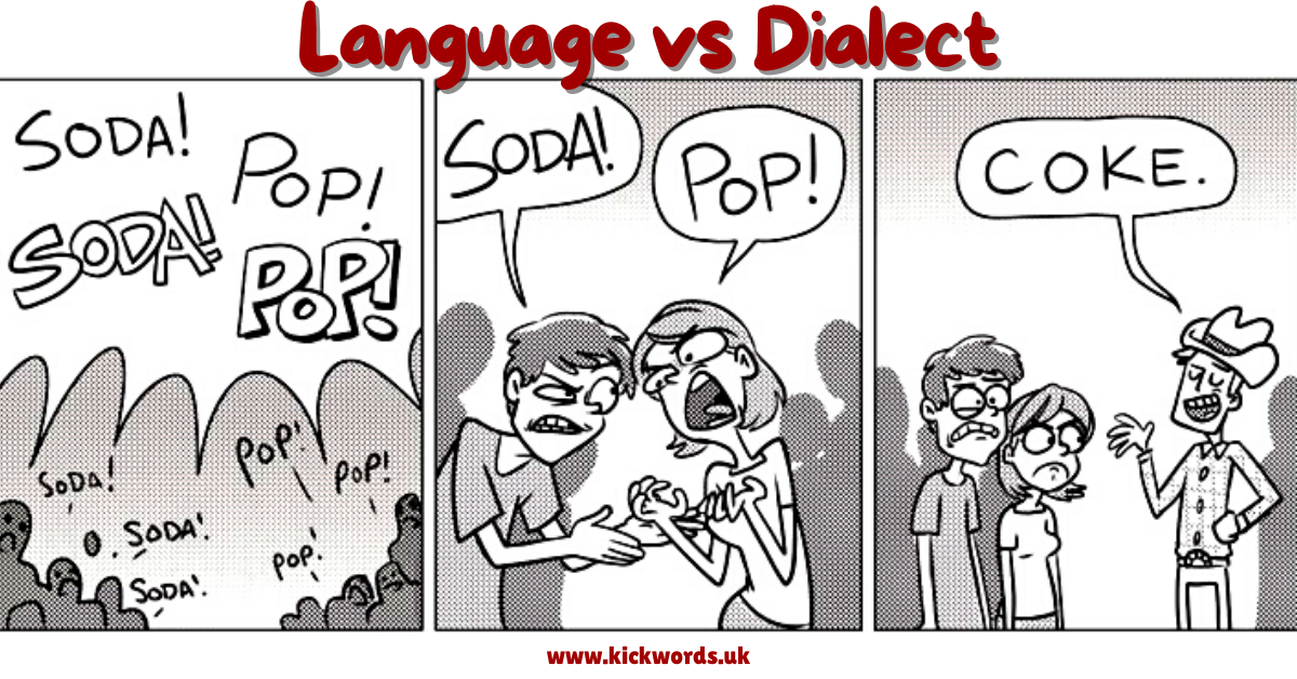When we think about the language a person speaks, we often divide it into specific categories based on a country or a specific region of the world.
For example, the most widely spoken language in the United States is English. But when you travel to different parts of the U.S., you often hear an array of speech patterns, phrases, and words that come from the various dialects of English.
To capture the nuance of language, it's also helpful to further understand how dialect influences the words, expressions, and pronunciations that people use.
In this article, we explore the differences between language and dialect and how those differences can affect language services.
What Is a Dialect?
Dialects are subsets of a certain language associated with specific regions or areas of a country. They are based on the same language but with variations that can make a big difference in the way you communicate with people.
Languages are often considered more clearly defined and formal and are generally adopted as official languages of countries, while dialects rarely are.
If you are from the Pacific Northwest and you travel to the South, you may initially have a hard time understanding exactly what people are saying; not because of the different accents, which can affect understanding in language as well, but because phrases and words may be a little different from what you're used to.
It's not enough of a difference to make it impossible to communicate, however, because they are all variations of Standard American English.
When dialect vs. language gets more complicated
While the distinction between dialects and languages might seem clear, it isn’t always as easy to determine a language versus a dialect.
In some cases, two different languages spoken in separate countries are similar enough that native speakers could easily adjust and communicate with each other.
For example, people who live in Sweden and Norway speak separate languages — Swedish and Norwegian — but they can often understand one another because both languages belong to the same language family: the North Germanic languages, a subset of Indo-European languages.
In other parts of the world, people who speak different dialects are essentially speaking two different languages.
In China, for example, Mandarin and Cantonese are spoken dialects that are mutually unintelligible. These languages are considered dialects of the same language, Chinese.
They utilize different written systems as well, with most Mandarin speakers using Simplified characters in written Chinese and most Cantonese speakers using Traditional characters.
It's difficult, then, to draw a clear line between what is considered a language and what is a dialect of that language.
These challenges can affect things like language support services such as interpreting and translation.
They can also impact the accuracy of data you collect on client and patient populations.
Factors That Influence Dialects
There are several factors that influence dialects within a language, including:
- Geography — Where you live in a country or region can affect how you pronounce words as well as the words and phrases you use.
- Socioeconomic groups — People from the same city or area can speak different dialects based on their environment.
- Patterns of migration — Some dialects are the result of the migration of people from one country to another and the influence of their native language on how they adapt and speak the language of their new country or region.
How Dialects Affect Interpreting and Translation
When clients or patients with limited-English proficiency (LEP) need the products or services you provide, language support can help them communicate clearly with your team.
Companies and healthcare facilities need to have translation and interpreting services that offer a multitude of languages and dialects in order to facilitate communication.
In some cases, that means having someone with a deeper skill level to speak and understand multiple dialects.
For others, you need one or more interpreters fluent in dialects that are vastly different (such as Mandarin and Cantonese).
It is also important to consider translation services from linguists with advanced cultural awareness and sensitivity because an understanding of culture also plays a key role in clear communication.
Getting the Right Translation Services
Kickwords provides language support in over 150 languages and dialects.
We offer a variety of services, including telephone interpreting, video remote interpreting, translation, and localization.
Email us to learn more today - [email protected]
Source: Language vs. Dialect: What's the Difference? (helloglobo.com)


